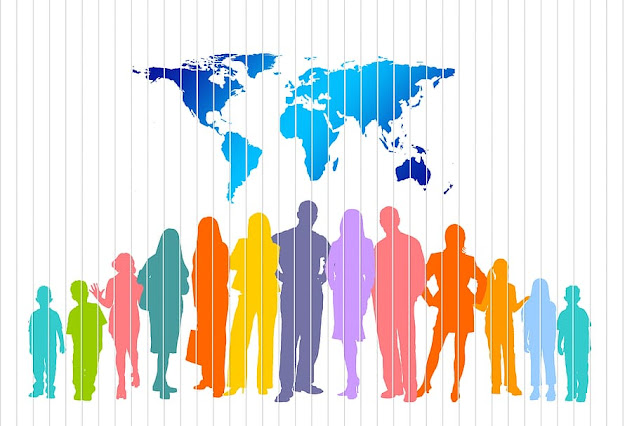The International Day of Friendship is an annual celebration that highlights the importance of friendship and promotes understanding and harmony among people from different backgrounds and cultures. Observed on July 30th each year, this day serves as a reminder of the vital role friendships play in building bridges and fostering peace worldwide.
Introduction
Friendship is a bond that transcends borders, languages, and cultural differences. The International Day of Friendship provides a special occasion to honor this bond and celebrate the positive impact of friendships in our lives. It encourages people to reach out, reconcile differences, and build connections that promote peace, understanding, and mutual respect.
History of International Day of Friendship
The United Nations General Assembly designated July 30th as the International Day of Friendship in 2011. The resolution recognized the importance of friendship as a noble and valuable sentiment in the lives of individuals and societies. It aimed to foster a culture of peace and bridge the gaps between different communities.
Significance of Friendship
Friendship is an essential aspect of human life. It brings joy, support, and a sense of belonging. True friends provide emotional support, encourage personal growth, and offer a listening ear during difficult times. Friendships can also lead to greater happiness, improved mental well-being, and reduced stress levels.
Activities and Events
On the International Day of Friendship, various activities and events are organized worldwide to celebrate and promote friendship. Community gatherings, cultural exchanges, and workshops are held to encourage dialogue, understanding, and cooperation among individuals and groups. These activities foster inclusivity and help forge lasting friendships.
Promoting Friendship in Schools and Communities
Schools and educational institutions play a crucial role in nurturing friendships. They can organize events that promote inclusivity, encourage teamwork, and teach students about the value of diversity. Friendship clubs, cultural exchange programs, and collaborative projects can create opportunities for students to develop meaningful connections with their peers from different backgrounds.
Building Bridges Across Cultures
Friendship acts as a bridge between cultures, helping to break down stereotypes and promote cultural understanding. By cultivating friendships with individuals from diverse backgrounds, we can learn about different customs, traditions, and perspectives. These connections foster empathy and build a more inclusive and harmonious society.
Digital Friendships in the Modern World
In today's interconnected world, technology has enabled friendships to transcend geographical boundaries. Social media platforms, online communities, and messaging apps have made it easier for people to connect with others from around the globe. Digital friendships can provide opportunities for cultural exchange and help build a global network of friends.
Friendship and Mental Health
Friendship has a profound impact on mental health and well-being. Having supportive friends can reduce feelings of loneliness, anxiety, and depression. Genuine friendships offer a sense of belonging, validation, and emotional stability. By nurturing and maintaining friendships, we can enhance our overall mental and emotional resilience.
Friendship and Global Peace
Friendship plays a vital role in promoting global peace. When individuals from different cultures and backgrounds form friendships, they break down barriers and prejudices. Friendships built on trust, empathy, and mutual respect contribute to a more peaceful world. By embracing diversity and fostering understanding, we can work towards a harmonious global community.
Conclusion
The International Day of Friendship reminds us of the power and significance of friendship in our lives. It encourages us to cultivate meaningful connections, appreciate diversity, and work towards building a more inclusive and peaceful world. By celebrating friendship, we can create a positive ripple effect that transcends borders and contributes to a brighter future for all.
FAQs
1. How did the International Day of Friendship originate?
The United Nations General Assembly designated July 30th as the International Day of Friendship in 2011 to promote friendship and foster a culture of peace.
2. How can I celebrate the International Day of Friendship?
You can celebrate by reaching out to friends, organizing community events, or engaging in activities that promote cultural understanding and inclusivity.
3. Are digital friendships as meaningful as traditional friendships?
Yes, digital friendships can be meaningful and provide opportunities for cultural exchange, support, and connection in our modern world.
4. Can friendship contribute to mental health and well-being?
Absolutely. Genuine friendships offer emotional support, reduce feelings of loneliness, and contribute to improved mental health and overall well-being.
5. How can friendships promote global peace?
Friendships built on trust, empathy, and mutual respect bridge cultural gaps and contribute to a more peaceful world by breaking down barriers and fostering understanding.

